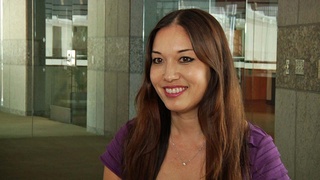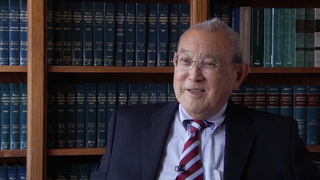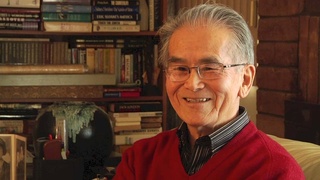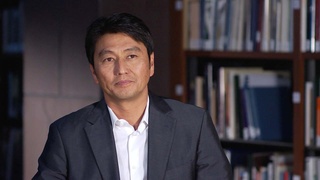Interviews
My father forced me to speak Japanese at home
He told me to speak Japanese at home. My younger brothers and sisters were born in Brazil, so they tended to speak Portuguese, but my father is a tailor, so he's at home all the time. So, if I spoke Portuguese, I would get scolded. He told me to speak Japanese.
So, I didn't resist it at first, but when I reached adolescence, I felt a strong resistance to it. "You come to Brazil, speak only Japanese?" I thought it was wrong to force my children to do that. But now, I'm grateful to my parents because they force me to speak Japanese in that way, but it doesn't mean I can speak Japanese.
Date: September 19, 2019
Location: California, US
Interviewer: Yoko Nishimura
Contributed by: Watase Media Arts Center, Japanese American National Museum










